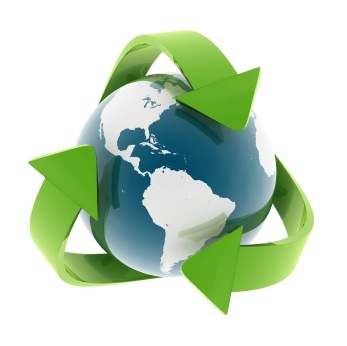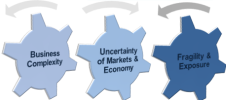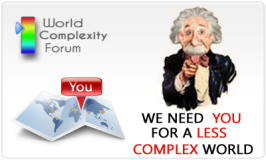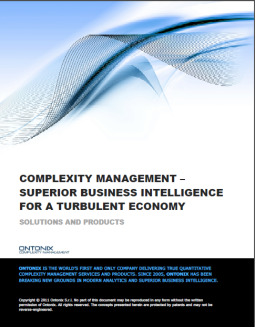Supply Chain conduit for Corporate Sustainability initiatives
Thursday, 26 August, 2010 Leave a comment
If you haven’t already realised that, independent of Governments, Corporations are actually “stepping up to the plate” when it comes to SUSTAINABILITY your eye may be off the ball!
One of the most effective means for Corporations to communicate their message is through their, increasingly complex (globalised), supply chain networks…
KEY PHRASES WORTHY OF NOTE: value chain; opportunities; together; reduction; risks; standard; reporting; competitive advantage; differentiation; credibility; transparency; contribute
 Companies Complete Test of New Global Greenhouse Gas Accounting Standards
Companies Complete Test of New Global Greenhouse Gas Accounting Standards
Back in January, 62 companies from multiple sectors and 17 countries started road testing two new GHG Protocol standards developed by the World Resources Institute (WRI) and the World Business Council for Sustainable Development (WBCSD).
In June, the companies submitted written feedback on their usability along with final GHG inventory reports, and a summary of the feedback is now posted on the GHG Protocol website.
The two new GHG Protocol standards –the Product Lifecycle Accounting and Reporting Standard and the Scope 3 (Corporate Value Chain) Accounting and Reporting Standard – provide methods to account for emissions associated with individual products across their life-cycles and of corporations across their value chains.
Overall, both new standards received high marks from the companies that road tested them. According to the WRI, most agree that the standards help with:
- identifying GHG reduction opportunities and prioritizing reduction efforts,
- engaging suppliers and enabling supply chain GHG management,
- understanding risks and opportunities associated with emissions in the supply chain,
- creating competitive advantage and product differentiation, and
- improving credibility and transparency in GHG reporting.
“We’re really looking forward to having a standard that can be used globally, for communication across a broad range of stakeholders,” says Robert ter Kuile, senior manager of energy and climate change at PepsiCo. “Road testing the Product Life Cycle Standard has enabled us to engage with other multinational organizations and to join in conversations with NGOs, governments, and academic institutions. When you bring these organizations together, to write a standard, that is going to be the standard that everybody follows and PepsiCo wanted to make sure that we not only learned from the process, but that we also had the opportunity to contribute.”
The next steps will be to revise the standards based on the feedback submitted in June, as well as on the Steering Committee and Technical Working Groups. The revised standards will be released at the end of September for a 30 day public comment period. The text will be finalized at the end of 2010 and the final versions will be published by March 2011.
Related articles by Zemanta
- Nature’s 10 Simple Rules for Business Survival (davidgwilson.spaces.live.com)
- What next for the Sustainable Development Commission? (davidgwilson.spaces.live.com)
- If “Risk Leaders” don’t know how can their bankers and insurers? (davidgwilson.spaces.live.com)











